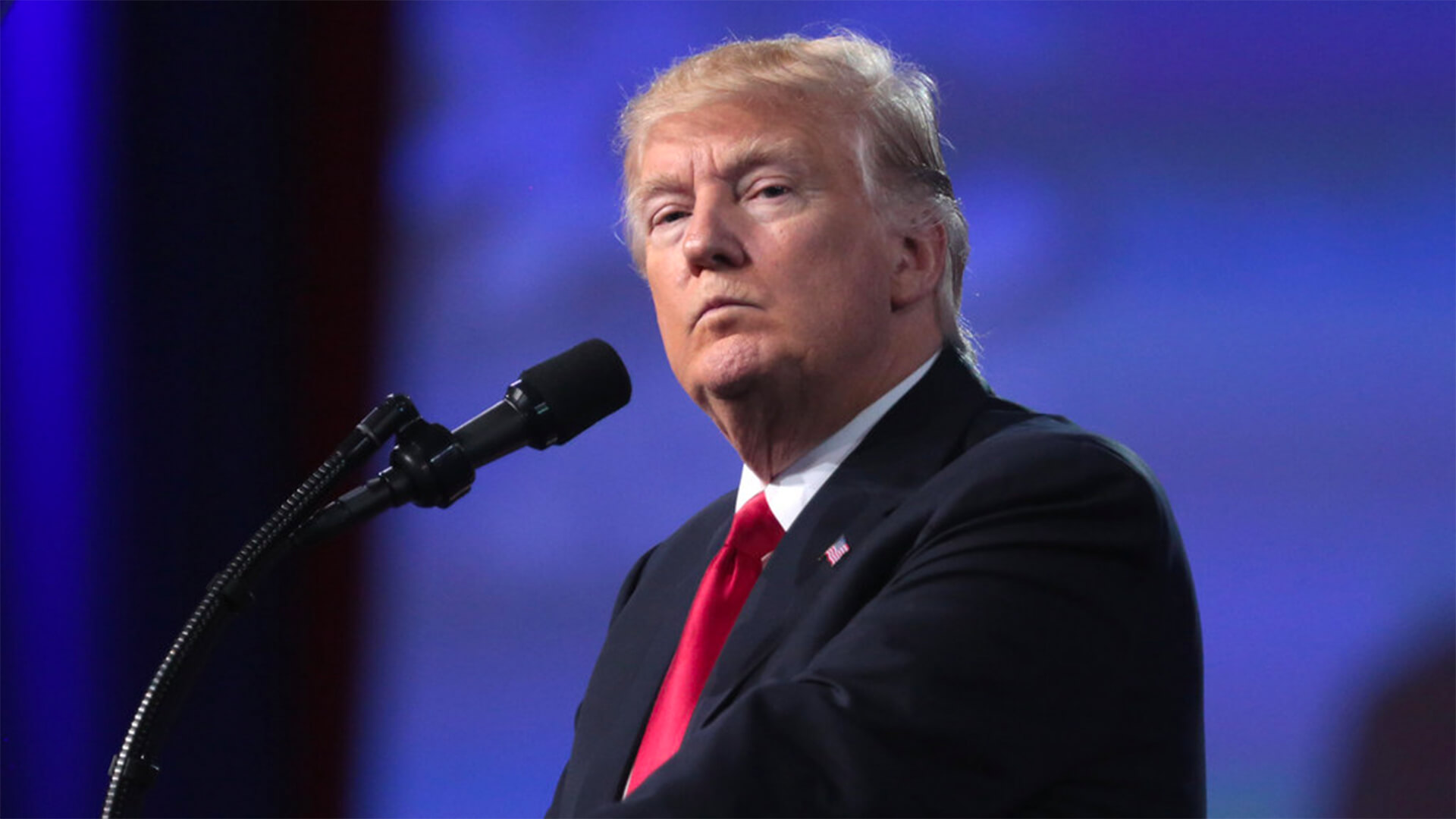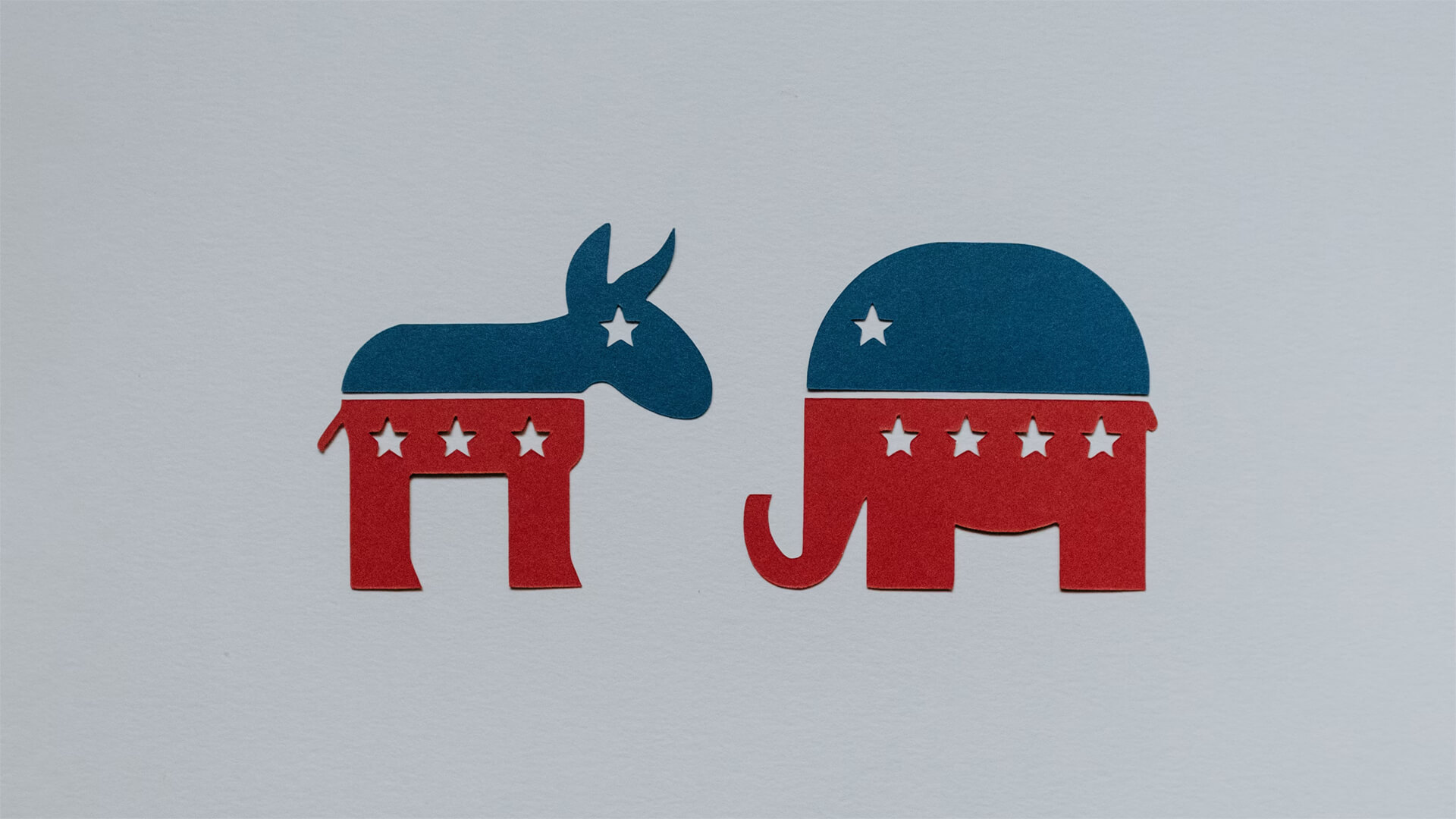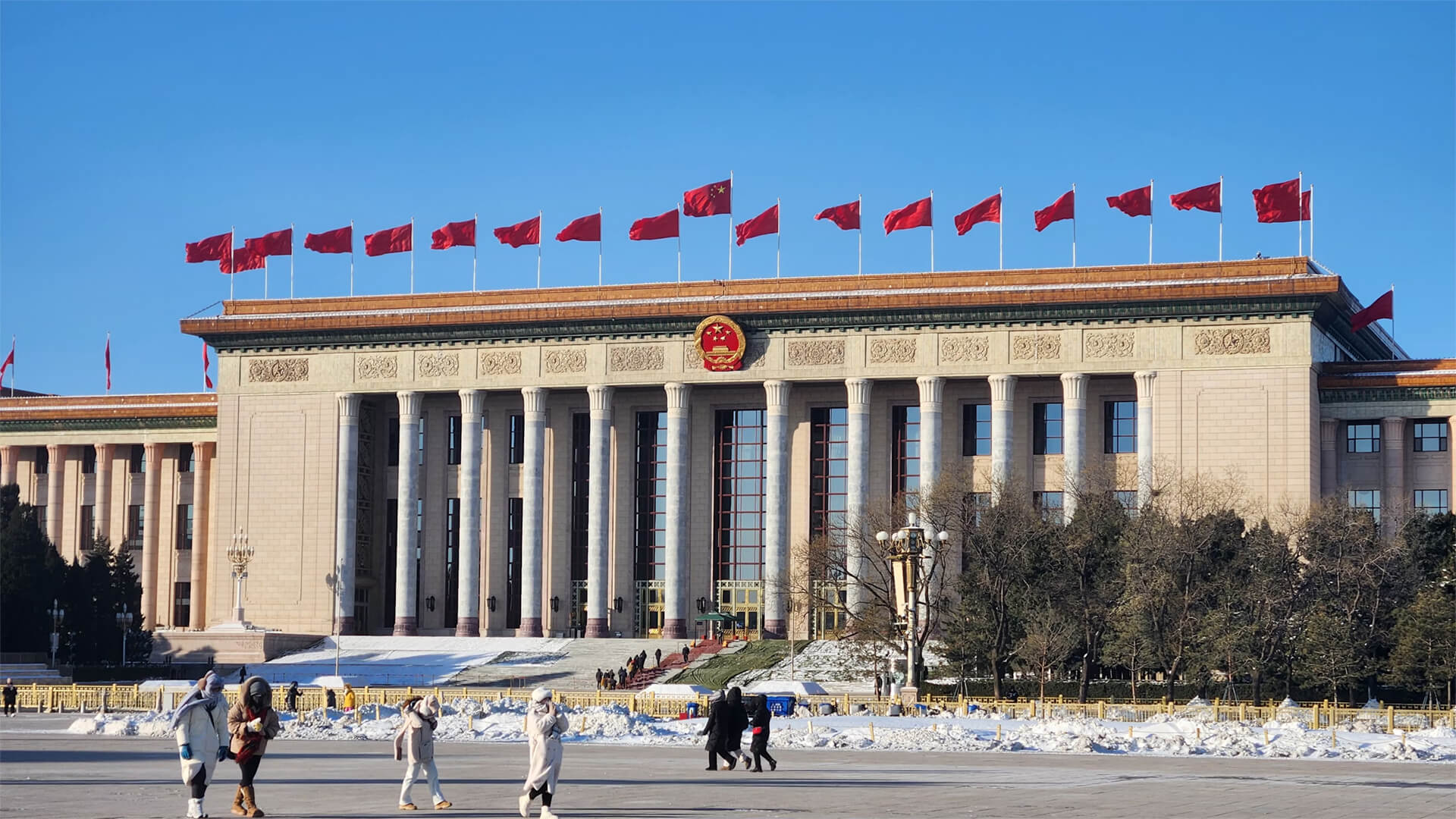Listen, I didn’t want to make this video, but too many people asked for it…so here we go. What would a potential merger of the US and Canada look like?
The US won’t be invading Canada and there won’t be a nationwide Canadian petition for US membership, but how would it happen? It’s more likely that individual Canadian provinces – like Alberta and Saskatchewan- would secede and apply for US statehood.
These two provinces are young and wealthy, meaning they’re going to have to put the rest of Canada on their backs (financially speaking). They already have strong economic ties to the US, so a merger isn’t as far-fetched for them. The rest of Canada would likely destabilize if those provinces left, due to aging demographics and financial struggles.
For the US, incorporating Canadian provinces would mean a significant reshaping of American politics. However, that doesn’t mean it would be all that difficult to add them in; it’s a much easier process adding states than amending the constitution.
Regardless, I don’t see this happening anytime soon. There’s too many financial, political, and demographic factors at play. But if it did happen, both countries’ political and economic landscapes would dramatically shift.
Here at Zeihan on Geopolitics, our chosen charity partner is MedShare. They provide emergency medical services to communities in need, with a very heavy emphasis on locations facing acute crises. Medshare operates right in the thick of it, so we can be sure that every cent of our donation is not simply going directly to where help is needed most, but our donations serve as a force multiplier for a system already in existence.
For those who would like to donate directly to MedShare or to learn more about their efforts, you can click this link.
Transcript
All right. I didn’t want to do this video, but too many people on both sides of the border have asked so what would a merger of the United States and Canada look like? All right. Let’s start with the simple thing. The United States is not going to invade Canada. There is no serious talk about Trump. He hasn’t even really joked about it.
So let’s just put that to the side. Canada has just shy of 40 million people. So if it was to join in a single piece, it would be right up with California as our first or second most populous States. But it has a demographic picture that’s kind of a mix. And so what would be far more likely to happen?
Because the idea that a majority of Canadians are going to petition for U.S. membership is a stretch. We’ll be far more likely to happen. Is individual provinces of Canada would secede from the Canadian nation, and then apply for statehood for the United States.
The first two states to watch are the two that are youngest demographically, that are the richest in per capita terms, that export the most commodities per capita, and are already fairly culturally linked in with the United States.
And those are Alberta and Saskatchewan. And if you’re looking at a map of Canada, keep in mind that everyone lives in a thin strip along the southern border. So you’ve got British Columbia on the Pacific. You’ve got some mountains, big mountains, and then Alberta and Saskatchewan, Manitoba, the third of the prairie provinces. And then you crossed something called the Canadian Shield, which is about 1000km of very rugged terrain, heavily forested, where there’s only one road and one rail line.
Before you get to eastern Canada and in eastern Canada, you’ve got the population bloc of Ontario and Quebec, which are the bulk of the country’s population. And then fringed around them are something they call the maritime territories, which are provinces, but lightly populated. And, basically, I’m overstating this, so apologies. Heavily populated by retirees. So from from a financial point of view, there’s not a lot there.
Where the money is, is Ontario and Quebec, the two most populous provinces? British Columbia, which has a big population around Vancouver and serves as the Pacific Gateway and then Alberta, which is the energy hub. Saskatchewan is kind of a little bit of the energy hub. And then a lot of agriculture, just like Alberta. What would happen is Alberta and Saskatchewan or Alberta or Saskatchewan would leave, the Canadian nation, which is legal in Canada.
You just have to have a plebiscite that was affirmed by A90 ruling by the Canadian Supreme Court quite some time ago. With regard to tobacco separatism. Anyway, the reason that these two provinces, Saskatchewan and Alberta, would leave is largely financial. When Quebec was having all of its fits in the 70s and 80s and early 90s about secession.
The the what? The deal that was struck was that Ontario, which at the time was the richest and the most populous province, would basically pay Quebec to just stop it. So, Quebec has basically been paid for the last few decades to remain part of Canada and not have secession votes. It’s gotten more and more expensive because Quebec’s birthrate, is among the lowest of the major.
It is the lowest of the major provinces. And so the whole province has already functionally slid into obsolescence. The problem is, in Ontario. The birth rate has been very low for a long time. And if it wasn’t for the huge surges of immigration, which have had other complications.
Ontario has now aged to the point that if it wasn’t for huge surges in immigration which generate their own problems, Ontario wouldn’t be able to pay to keep, Quebec in the country anyway, but it is still aging very rapidly.
And of late, Canadians have pushed back against this open door immigration policy, which hasn’t been necessary for economic reasons. But now, culturally, it’s kind of hit a breaking point and everything has slowed significantly, which means that Ontario is now rapidly aging again. And within five years, Alberta will be the province that is expected to pay for, Quebec to remain in the country with a little bit of help from Saskatchewan.
The maritime provinces have already aged out, and if the two most populous provinces age out, there is no way that Saskatchewan and Alberta, which collectively have less than 7 million people, can pay for the rest of Canada to continue to exist unless they just become destitute. That’s the financial argument for why you might see secession in the prairie provinces.
And that’s before you consider that every individual Canadian province, trades more with the United States, and it does with the rest of Canada. And that is true for none of them more than it is for Alberta. So you’d actually solve a fair number of problems if Alberta applied and Saskatchewan applied for American, statehood. Now, the question then is what happens next?
Because these are the two richest bits of the country. And if you split British Columbia off from the rest of the country, because now the prairies have gone a different way, it basically devolves into fourth world status very quickly. It’s industry is already wildly noncompetitive, and basically what has kept B.C. afloat for the last several years is capital flight coming in, most notably from China to be processed in BC and then spread throughout the Canadian economy?
That would stop if there was no land connection. The only other business that you really have in BC is it serves as the entrepot for Asian exports coming into Canada. If you use the super port in Vancouver, repackage everything on the rail and send it east. If you can’t get through Alberta and Saskatchewan. That’s not going to work either.
So BC looks really awful in that circumstances, and the rest of Canada out east doesn’t look great too, because basically it’s a retired country that looks worse than most European demographics. So. If all of these other provinces, either in combination or independently, were to ask for statehood in the United States, we’d have to do some really hard math as to whether it would be worth it.
Picking up a half a dozen states that economically are almost destitute. Basically, you’d be adding a half a dozen mississippis. I’m not sure we would be willing to do that. And that’s before you consider the politics of it. By the way, the United States does political math. Saskatchewan and Alberta would probably be considered 1990s style Texas Republicans a little bit more libertarian, socially moderate, economically conservative.
They wouldn’t get along with today’s MAGA all that well. But the rest of Canada, especially BC and Ontario and Quebec, would be of the Elizabeth Warren branch of the Democratic Party. And getting that through Congress might be kind of interesting. Now, that said, adding states is not as complicated as amending the Constitution. You want to amend the Constitution, you need two thirds vote from both houses of Congress.
And then in three quarters of the states, legislators legislatures have to ratify it. You want to add a state, you just need a simple majority. So you just need a simple majority of Congress. You don’t ask the states at all. And then the president signs off just like a normal bill. So if if if if if if we get to that point, Canada will very quickly become a political flashpoint regardless of what politics looks like in the United States, because you’re talking about potentially adding ten provinces or ten states to the United States, a system that’s 20 senators and about the same number of representatives as California has, which I believe is around 50 right now. So a significant shift in the balance of power, that would completely re fabricate how we have our politics. Now, if that happened in a year, wow. That would be all kinds of explosive, because the United States is in the midst of a pretty deep political reorientation, by itself. But at any time that, you have that sort of disruption, you’re going to change the political math by how the country works.
And then and then you get to talk about how things like Medicare, Social Security, and Medicaid, which are the three of the four biggest line items in the U.S. budget, get re fabricated when you add so many people who are already retired. It would be a hoot. Don’t think it’s going to happen anytime soon, but if it was going to happen, that’s how it would go down.











